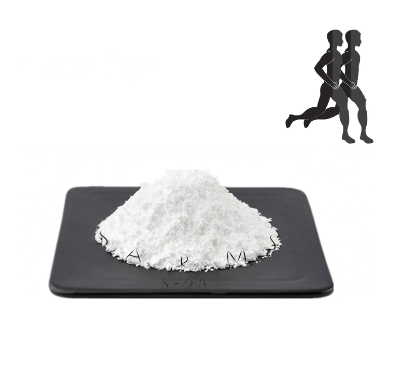
- +86-13363869198
- weimiaohb@126.com

12月 . 13, 2024 19:01 Back to list
Understanding Intermediates in Organic Chemistry and Their Role in Chemical Reactions
Understanding Intermediates in Organic Chemistry
In the vast realm of organic chemistry, the term intermediate refers to a transient species that is formed during the conversion of reactants into products during a chemical reaction. These intermediates play a crucial role in understanding reaction mechanisms, as they provide insights into the transformation pathways and energy changes that occur during the chemical processes. This article will explore the definition and significance of intermediates, their types, and their implications in organic synthesis.
Definition of Intermediates
Intermediates are often unstable and have a short lifetime during a chemical reaction. They can exist in various forms, such as carbocations, carbanions, free radicals, or even more complex structures, depending on the reaction conditions and the nature of the substrates involved. While they may not always be isolated or easily detectable, their existence can be inferred from experimental observations and kinetic studies.
Intermediates are critical for providing a stepwise picture of a reaction mechanism. A mechanism is essentially a detailed explanation of how reactants are converted into products, indicating the various stages and the species involved at each stage. By identifying intermediates, chemists can map out the entire sequence of events occurring in a reaction, leading to a better understanding of how to manipulate these reactions for desired outcomes.
Types of Intermediates
1. Carbocations These are positively charged carbon species formed when a carbon atom loses a bond to an electron. Carbocations are often highly reactive and can undergo further reactions quickly, making them a common type of intermediate in many organic processes, such as electrophilic additions.
2. Carbanions In contrast to carbocations, carbanions carry a negative charge due to an increased number of electrons at a carbon atom. These intermediates are also reactive but generally follow different pathways than their cation counterparts.
3. Free Radicals These are highly reactive species that contain unpaired electrons. Free radicals can initiate chain reactions, making them pivotal in many organic reactions, particularly in polymerization and substitution reactions.
what is an intermediate in organic chemistry

Significance of Intermediates
Understanding intermediates is fundamental for several reasons
- Predicting Reaction Outcomes By analyzing intermediates, chemists can predict the products of a reaction more accurately based on the pathways taken. This predictive power is essential in synthetic chemistry, where chemists design reactions to achieve specific compounds.
- Modifying Reaction Conditions Knowledge of intermediates allows chemists to optimize reaction conditions. For instance, if an intermediate is found to be particularly unstable, altering temperature or concentration might help stabilize it, leading to improved yields.
- Developing New Catalysts The study of intermediates is critical in catalysis. By understanding the intermediates formed in catalytic cycles, chemists can design more efficient catalysts that minimize side reactions and enhance selectivity.
- Insights into Reaction Mechanisms The determination of intermediates helps in elucidating reaction mechanisms. For instance, spectroscopic techniques may offer clues about the structure and dynamics of an intermediate, providing a window into its role in the broader reaction.
Conclusion
Intermediates in organic chemistry serve as vital links between reactants and products, revealing the intricate dance of molecular transformations that occur during chemical reactions. By studying these fleeting species, chemists gain profound insights into reaction mechanisms and can harness this knowledge to innovate and refine synthetic processes. Whether through carbocations, carbanions, or free radicals, the understanding of intermediates not only enriches the field of organic chemistry but also drives advancements in pharmaceuticals, materials science, and various other applications. Through continuous exploration and research, the understanding of intermediates will evolve, paving the way for more efficient and selective chemical processes in the future.
-
GS-441524 White Liquid Production for Factories | AI-Optimized
NewsAug.02,2025
-
AI-Optimized CAS: 79099-07-3 Factories for High Yield
NewsAug.01,2025
-
Premium CAS 1451-83-8 Factory with GPT-4 Turbo | AI-Optimized
NewsJul.31,2025
-
Pharmaceutical Intermediates - AI-Optimized Synthesis & Purity
NewsJul.31,2025
-
Top CAS: 79099-07-3 Factories & Wholesale Supplier from China
NewsJul.30,2025
-
High-Quality GS-441524 for White Liquid Type Factories & Suppliers
NewsJul.29,2025